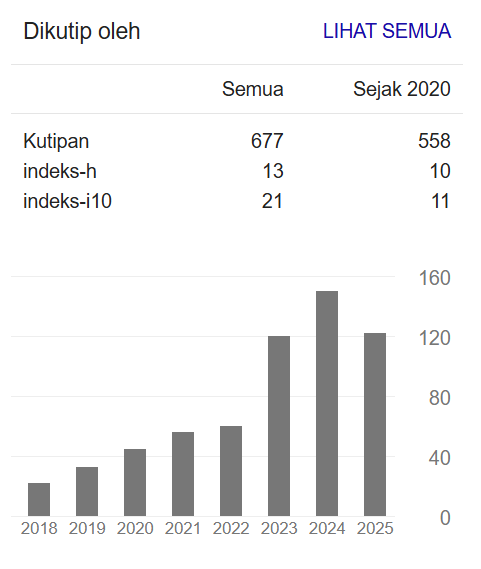HUMAN AGENCY IN ISLAMIC MORAL REASONING
Keywords:
human agency, human autonomous capability, religious scriptural authority, uṣūl fiqh, shariʿa reasoningAbstract
The notion of human agency is generally associated with human capability to be autonomous in making choices and action, the human ability to make acts of resistance toward certain hegemonic and established rules or authorities. In the context of the tradition of Islamic legal thought, human agency is not merely contained in the term of human submission to the transmitted authority of the Quran and hadith, but also in another forms. This paper tries to show that there are legal maxims in the tradition of uṣūl fiqh that enable for the development of the idea of human agency which does not merely have an orientation to the human necessity of submission to the religious scriptural authority, but also the concept of human agency which based on human nature to be autonomous and resistant. While elaborating some concepts in the uṣūl fiqh such as qiyās, istiḥsān, istiṣlāḥ, and istiṣḥāb we would find out that one’s ethical act in Islam does not merely proceed from religious scripture but it is also based on the human’s autonomous thoughts which would culminate in the emerging of more contextual, not textual, concepts of human agency.
Downloads
Downloads
Published
How to Cite
Issue
Section
License
Copyright (c) 2014 Sekolah Tinggi Filsafat Islam (STFI) Sadra

This work is licensed under a Creative Commons Attribution-NonCommercial-ShareAlike 4.0 International License.
Most read articles by the same author(s)
- Mohammad Syifa Amin Widigdo, SUHRAWARDI’S ONTOLOGY: FROM “ESSENCE-EXISTENCE” TO “LIGHT” , Kanz Philosophia: A Journal for Islamic Philosophy and Mysticism: Vol. 4 No. 2 (2014): December

























